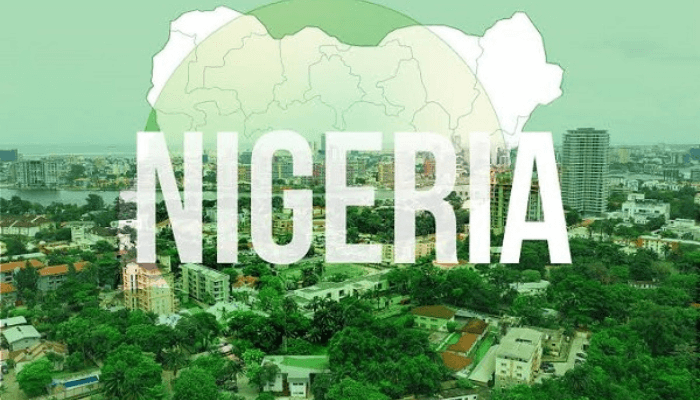Nigeria has attained 62 years of independence. While jubilating for the achievements so far made in so many facets in national life, it is also essential to ponder on issues and challenges that encumber the total achievement of its full potentials as well as the dreams of its founding fathers.
One of the dreams is a clean and healthy environment that can support healthy life of the citizens for vigorous economic activities. But the population explosion, cross-border migration and urbanization have made the generation and accumulation of waste in our environment a greatest menace.
The volume of waste generated in rural and urban areas alike, is becoming a pandemic, threatening the health and wellbeing of people. The most frightening issue is that, considering the enormous danger posed by this menace, less attention or concern is given to it. Both the people and the authorities give little or no heed to its looming consequences.
The sources of waste include majorly, industries, homes, hospitals, markets and even offices. These waste range from gaseous, liquid and solid, which vary in their volume, nature and effects on human life and the environment. The gaseous waste contains greenhouse gases that cause acid rain, climate change and global warming, that leads to a devastating effect on the ecosystem.
The liquid waste is mostly contaminated water that sometime contains poisonous, corrosive, carcinogenic and radioactive substances released mostly from homes, industries, hospitals or markets. They contaminate the sources of water, affect aquatic lives and result in the outbreak of communicable diseases, such as water-borne diseases and vector-borne diseases that are spread by rodents and insects.
The most visible and problematic form of waste is the solid waste, which comprises solid objects of different materials. These include refuse, garbage, trash and rubbish. This type of waste is a common sight in most of our cities as well as villages. The most common of the solid waste is the notorious plastic waste that is both poisonous and nonbiodegradable.
Plastic wastes, due to their spread and accumulation in the global environment, are drawing the attention of many nations and organisations. Six decades ago, mass production of plastics started, increasing so rapidly that it has created 8.3 billion tons of plastic waste globally and over 90 per cent of it is not recycled. As of 2018, however, according to studies, approximately 380 million tons of plastic is produced worldwide annually. Experts lament that the planet cannot cope with this volume of plastics wastes and, calls for the reduction of plastic production and consumption have increased in both urgency and intensity in recent years.
In Nigeria, to reduce the volume of plastic waste, measures should be taken to cut the use and consumption of plastics in the nation. Researchers should be encouraged and sponsored to find another alternative for packaging that is biodegradable to replace the use of plastic materials. The government should also embark on a programme of collecting and sorting of plastic waste as well as recycling them.
The task of waste management presents complex technical challenges. It also poses administrative, economic and social problems that must be managed and solved. The federal, state and local governments, therefore, should embark on vigorous enlightenment campaign on the impact of waste, raise people’s awareness and educate them on the proper ways of waste management and disposal. This is to involve them fully in the cleaning and protection of their environment. T
There should also policies and legislations to reduce drastically and radically the generation of hazardous waste. There should be facilities for managing the hazardous waste and their disposal. This should include collection, storage, transportation, treatment, recycling and/or safe disposal.
Usman Aliyu Elnafaty, DP21, Fadmar Jaji, Behind Federal Secretariat Bauchi

 Join Daily Trust WhatsApp Community For Quick Access To News and Happenings Around You.
Join Daily Trust WhatsApp Community For Quick Access To News and Happenings Around You.


